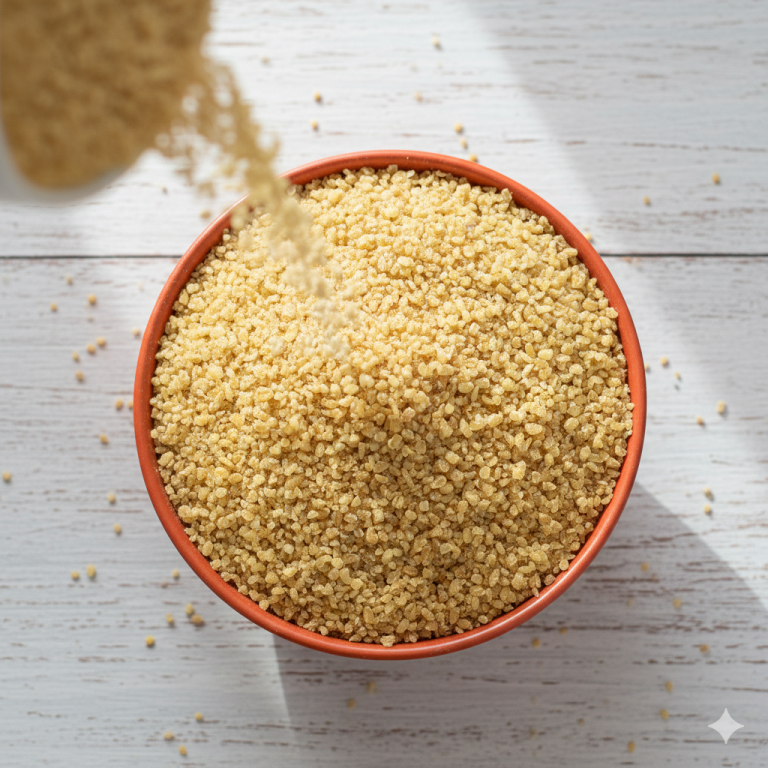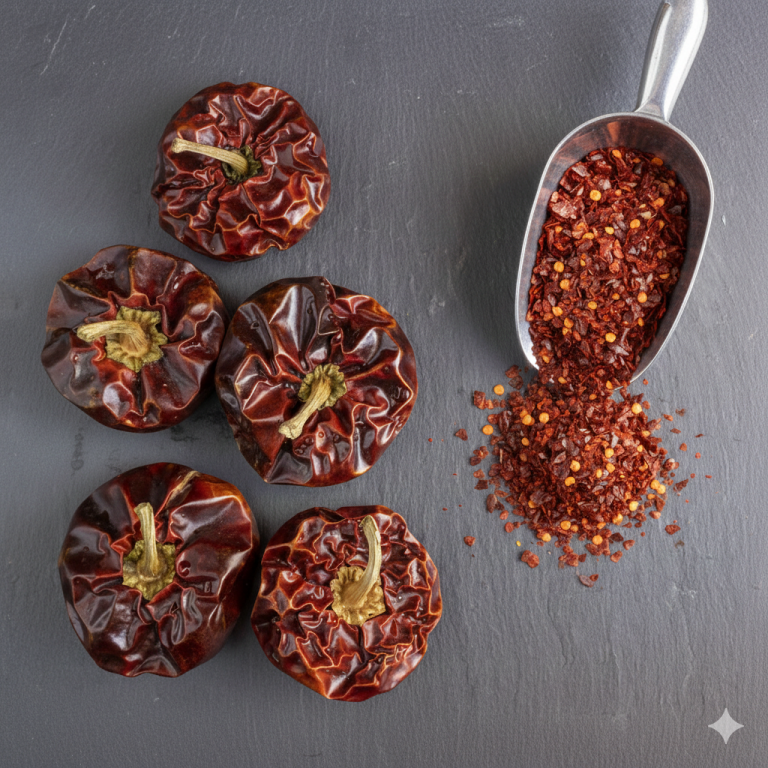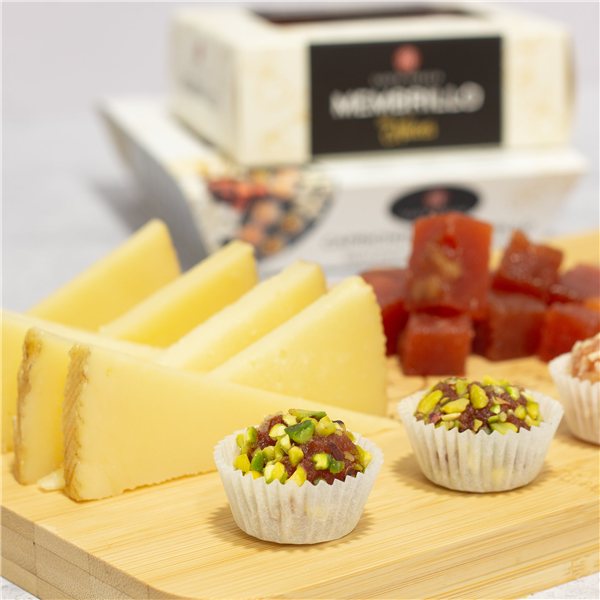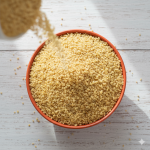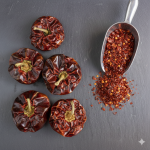Mother Sauces I: all about liquid delicacies
/ All articles / Recipies
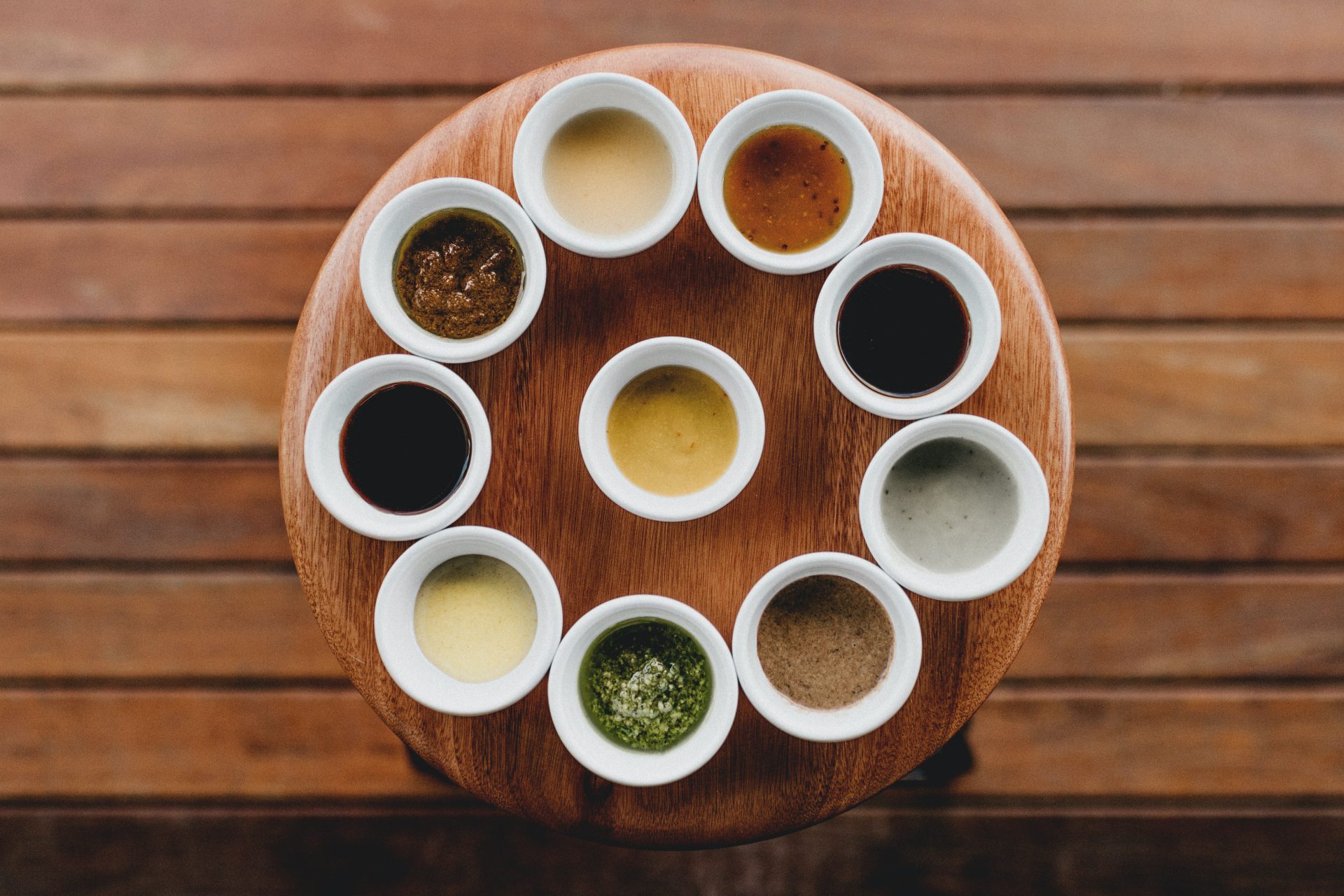
Mother sauces, fundamental pillars of gastronomy, are the soul of countless recipes in traditional cuisine. These sauces, with their origins in the oldest cuisines, represent the basis and foundation of countless dishes around the world. Their complexity and versatility not only bring unique flavours, but also inspire culinary creativity. In this journey through the culinary world, we will explore the importance and transformative power of these mother sauces, which are the starting point for countless gastronomic masterpieces.

Espagnole: One of the flavourful mother sauces
Espagnole, also known as Spanish sauce, is one of the richest and tastiest mother sauces. Made from a dark roux and a dark base, this sauce adds depth to dishes and is the base for such well-known sauces as demi-glace and bourguignonne. We will discover the secrets behind a well-executed espagnole and how it can elevate meat dishes, such as filet mignon, to another level of flavour.
The espagnole is one of the most robust and flavourful mother sauces in classic cuisine. Its characteristic dark colour and depth of flavour make it ideal for meat and poultry dishes.
To prepare an espagnole, you will need the following ingredients:
- 50 grams of butter
- 50 grams of flour
- 500 ml of dark stock (meat stock)
- 1 tablespoon of tomato concentrate
- 1 chopped onion
- 1 carrot, chopped
- 1 stalk celery, chopped
- 1 clove of garlic
- Salt and pepper to taste
Follow these steps to make a delicious espagnole:
- Preparation of the roux: In a saucepan over medium heat, melt the butter until completely liquid. Add the flour and stir constantly until the mixture turns golden brown and gives off a toasted nutty aroma.
- Add the vegetables: Add the chopped onion, carrot, celery and garlic. Sauté until the vegetables are tender and fragrant.
- Add the tomato concentrate: Add the tomato concentrate and mix well with the vegetables.
- Adding the dark stock: Pour in the dark stock (meat stock) slowly, whisking continuously to prevent lumps from forming. Simmer until the mixture thickens to a rich, dark colour.
- Seasoning: Add salt and pepper to taste.
Espagnole is a base for more complex sauces, and its depth of flavour makes it suitable for meat and poultry dishes. Some of its most prominent applications are:
- Demi-Glace: Demi-glace is a variant of espagnole that is further enriched with red wine and herbs. It is a perfect accompaniment to cuts of meat, such as filet mignon.
- Bourguignonne sauce: This sauce is a combination of espagnole and red wine, typically used with beef and game. Its deep and complex flavour enhances meat dishes.
- Chasseur Sauce: Chasseur sauce incorporates mushrooms, shallots, white wine and tomatoes a la espagnole. It is commonly used with poultry.
Espagnole is one of the most intense and delicious mother sauces you will find in classic cuisine. Its ability to elevate the flavour of meat dishes is unsurpassed.

Hollandaise: One of the mother sauces of elegance and luxury
Hollandaise, or hollandaise sauce, is one of the most elegant and luxurious mother sauces. Based on egg yolks and clarified butter, this sauce is the crowning glory of dishes such as eggs Benedict and salmon. We’ll explore the emulsion technique that makes this sauce so special and share tips on how to prevent it from cutting. Plus, we’ll show you how to get creative with variations on hollandaise.
Hollandaise, or hollandaise sauce, is one of the most luxurious and delicious mother sauces in classic cuisine. Its smooth, silky texture and rich, buttery flavour make it the perfect accompaniment to egg, fish and vegetable dishes.
To prepare a hollandaise, you will need the following ingredients:
- 3 egg yolks
- 200 grams of clarified butter
- Lemon juice to taste
- Salt and pepper to taste
Follow these steps to make an exquisite hollandaise:
- Egg yolk emulsion: In a heatproof bowl, whisk the egg yolks with a pinch of salt and a little lemon juice.
- Incorporation of the clarified butter: Melt the clarified butter in a saucepan and let it cool slightly. Slowly pour it over the beaten egg yolks, whisking constantly. This will create a smooth, buttery emulsion.
- Flavouring: Add more lemon juice, salt and pepper to taste. The hollandaise should have a perfect balance between the acidity of the lemon and the richness of the butter.
- Maintain the temperature: Keep the sauce at a constant temperature and do not let it boil, as this could cause it to curdle.
Hollandaise is commonly used in dishes such as eggs Benedict, eggs Florentine and salmon. Its buttery flavour and smooth texture make it perfect for brunch dishes and elegant dinners.
Applications in the kitchen
Once we’ve explored each of the mother sauces, it’s time to dive into their versatility in the kitchen. We’ll discuss how these sauces serve as a base for more complex sauces and how you can adapt them to your own recipes. Mother sauces are like blank canvases that you can transform with a variety of ingredients and seasonings. Below, we will highlight some of the most common applications of these sauces in the kitchen:
- Lasagne: Bechamel is used in the layers of lasagne, adding creaminess and binding the ingredients together.
- Croquettes: Bechamel is the base of the mixture used to create croquettes with various fillings, such as ham, chicken or fish.
- Gratins: Béchamel is poured over vegetables, potatoes or pasta in gratin preparations to achieve a golden, crispy surface.
- Fish dishes: Velouté and hollandaise are ideal accompaniments for fish, as they enhance the flavour and provide a smooth texture.
- Poultry dishes: Velouté and espagnole are perfect for serving with chicken or turkey dishes, as they complement the flavours of poultry.
- Meat dishes: Espagnole and its derivatives, such as demi-glace and bourguignonne, are excellent with meat dishes, such as filet mignon and game.
- Eggs Benedict: Hollandaise is the traditional sauce served over eggs Benedict, a brunch classic.
- Salmon: Hollandaise is the perfect accompaniment to grilled or baked salmon, adding a luxurious touch to the dish.
The versatility of mother sauces allows you to experiment with different ingredients and seasonings to suit your specific preferences and dishes. Feel free to play with the recipes and add your creative touch.
Conclusion
Mother sauces are the hidden treasures of the kitchen, capable of transforming simple ingredients into extraordinary dishes. By understanding the basics of béchamel, velouté, espagnole and hollandaise, you equip yourself with the tools you need to unlock a world of culinary possibilities. From simple pastas to haute cuisine dishes, these mother sauces will help you create unforgettable flavours. So get experimenting and take your cooking to the next level!
This comprehensive article on mother sauces and their applications in different dishes provides readers with an in-depth understanding of these essential culinary basics. I hope it will be informative and valuable for your readers interested in gastronomy.
Did you find this interesting and did you know these two famous mother sauces? Don’t miss all our gastronomic articles in our mentta blog.



